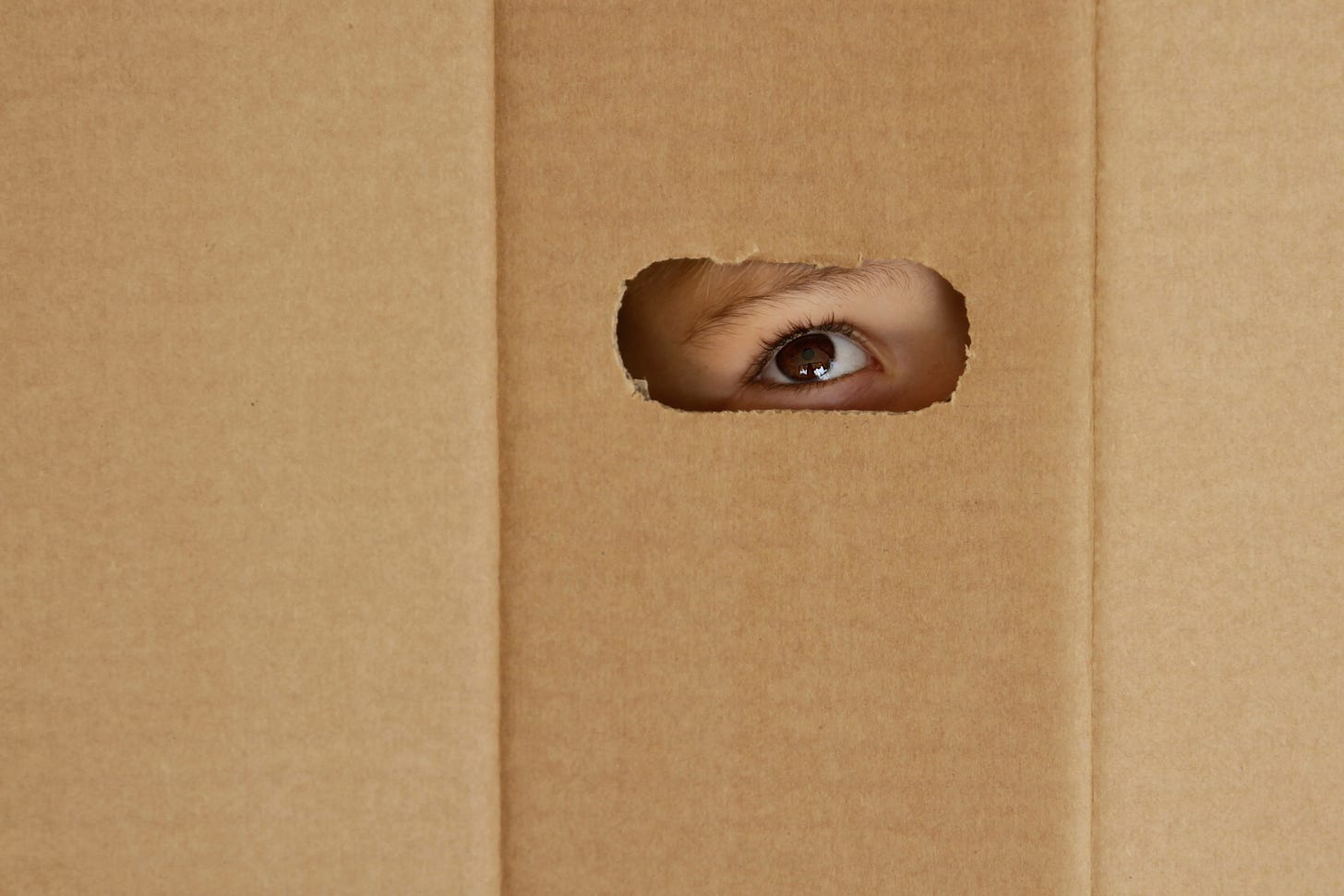Forgive me for sharing something that’s mostly just a brief shot of feeling. But when I see that Eric Adams is urging companies to force their employees to come back to the office in NYC, and further see how much derision and mockery he’s received in return, I really do worry for our future. So many people seem dead set on spending their entire lives in their holes, surviving with Amazon and Instacart and DoorDash and Peloton and Netflix and Pornhub. And aside from that seeming like an impoverished way to live to me personally, I genuinely wonder what happens to basic civic functioning when people never interact with any of their neighbors. It feels dystopian to me.
I understand that I’m weird in wishing I had an option to not work from home. Personally, one of the things I miss the most about my job at CUNY was having to go into the office and regularly seeing a rotating cast of dozens or hundreds of people I would never socialize with. That’s something I miss the most about high school, too - that you would regularly be thrust into social situations with people you would not actively seek to spend time with. There were all manner of people who I wasn’t particularly friends with in high school but who I nevertheless miss. And even beyond personal admiration I recognize that there was something very important in having daily interactions with people who were not part of my ordinary milieu; it expands the civic imagination to be reminded that there are flesh and blood human beings out there that you don’t know but whose lives matter just as much as yours. Indeed, I think the value of that function of public schools rivals the pure educational function in terms of importance.
We need to see people. All kinds of people. Especially in our urban cores. I have no desire at all to criticize those who move to the country to get away from it all - I have considered doing so myself. But the idea of a Manhattan that’s seen only by tourists is deeply sad to me. And why live in New York at all, if you never want to leave your apartment?
I already genuinely feared for generations who grow up with YouTube, video game streaming, delivery food apps, Tinder, and broadband-speed pornography, and now Covid has given them an all-encompassing excuse not to want to go out and interact with other people. (I have an older gay friend who thinks Grindr and similar apps have done irreparable damage to gay culture and in particular have made political solidarity among gay men much harder.) What will our endless digitally-enabled retreat into our own homes mean for our young people and their social and emotional lives, their desire to bite into all that life and the human species have to offer? And what will it mean for our democracy, when the idea of being around strangers becomes something exotic and threatening, something that you go to great lengths to avoid? I shudder to think, I really do.





This is a white collar issue, and the dynamics you worry about, while I agree will hurt people the most who live in the white collar world, will further exacerbate the social and cultural divide between the Zoomers and the rest of the population that actually makes the things the Zoomers use and eat. While the Zoomers spent the pandemic masked up in their jammies with regular visits from DoorDash and the Paycheck Fairy, the rest of America either continued working or lost their jobs and their livelihood. And zero fucks were given by any of the Zoomers, as far as I can tell. They just slapped another cartridge in the Keurig.
Fortunately, Covid wasn't nearly as dangerous a disease as the media and political classes suggested, and the Other Americans got through okay, unless they died from overdoses or suicides, or lost their savings when their hair salons and sandwich shops were shut down.
I spent the pandemic in Flyover (that is, almost no one around here really worried about Covid that much) working in a factory. It was no big deal. When I read about how the Bluechecks experienced the pandemic, it's like another fucking world.
You suggest they will pay the worst price post pandemic, but they sure do have a knack for looking after themselves, so I dunno . . .
Working remotely has enabled me to connect deeply with my neighbours in a way I never did while commuting. I take in parcels, wave to retirees while walking the dog at lunchtimes and so on. I’m an introvert. It may seem strange to you, but the world has changed in a way that’s much better for us. I’ve lived my life in a dystopian world of open plan, shared offices and forced social exchanges with colleagues. Don’t fret. We’ll be fine, and you have the evenings to socialise :-)